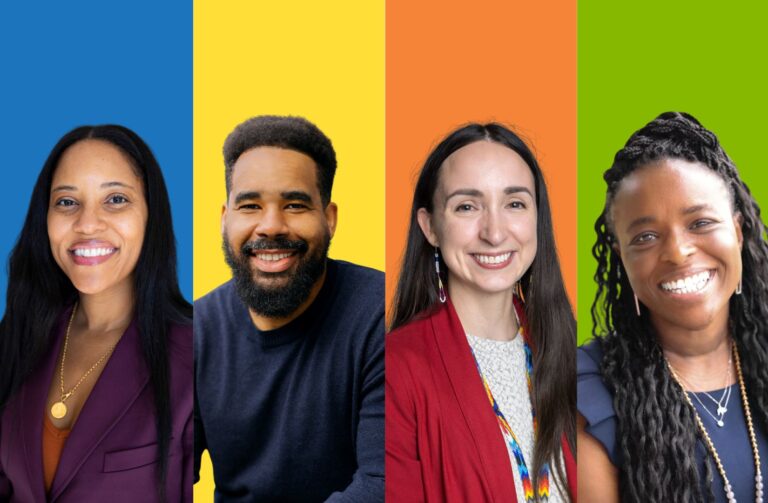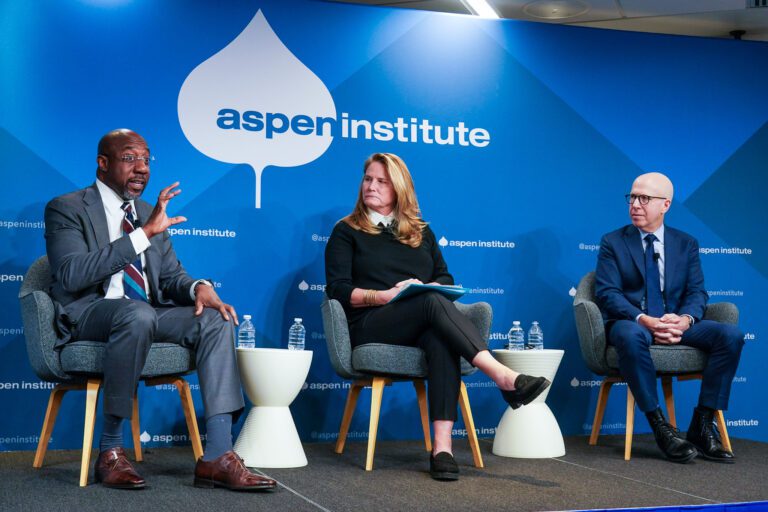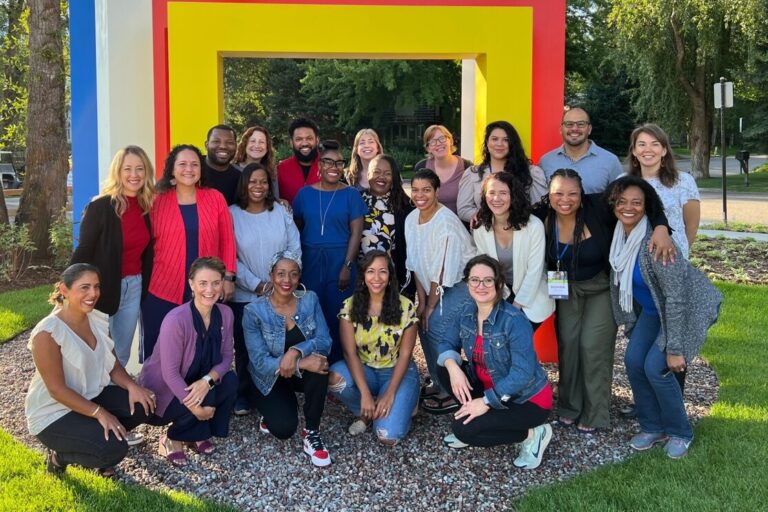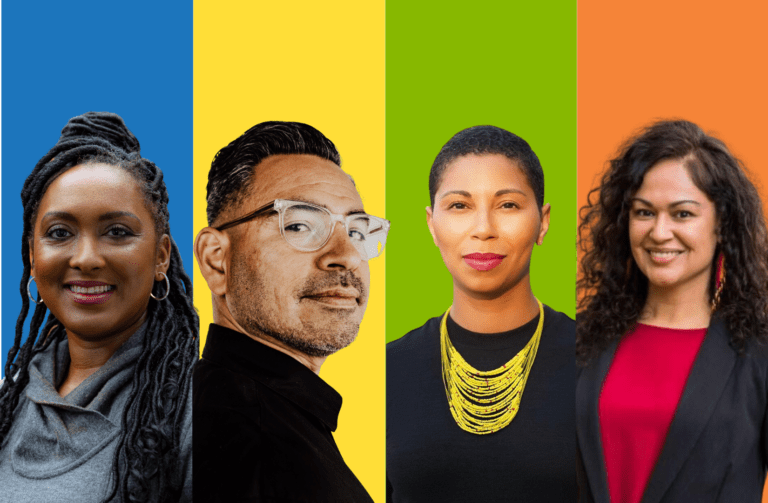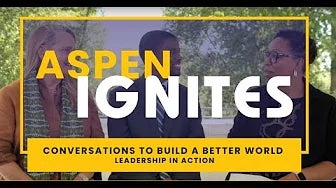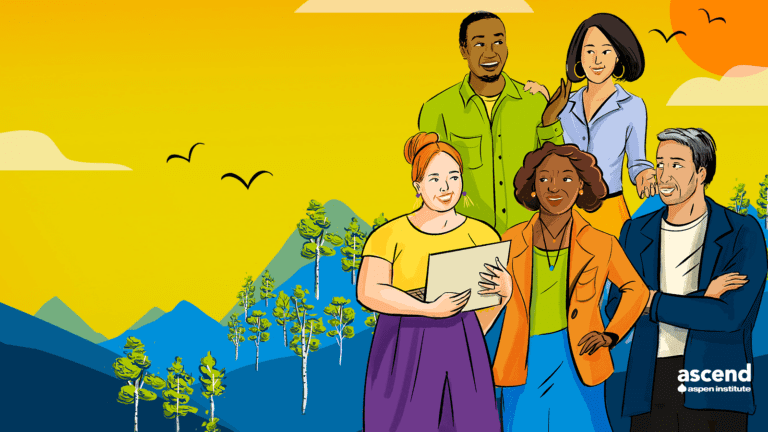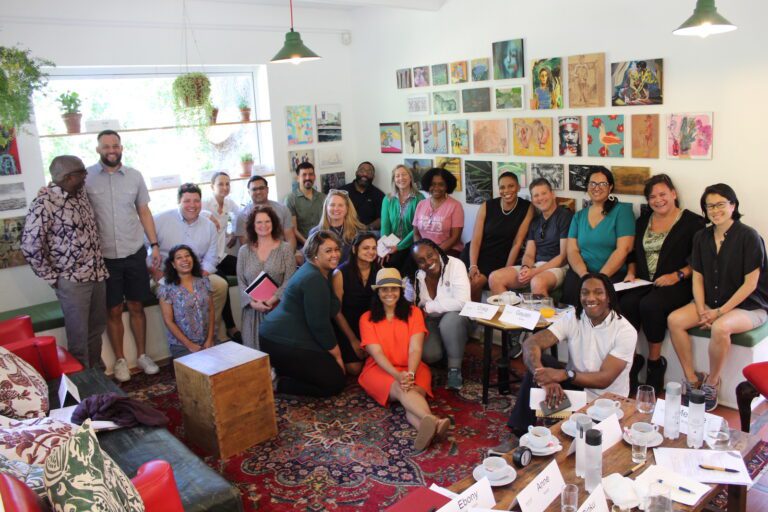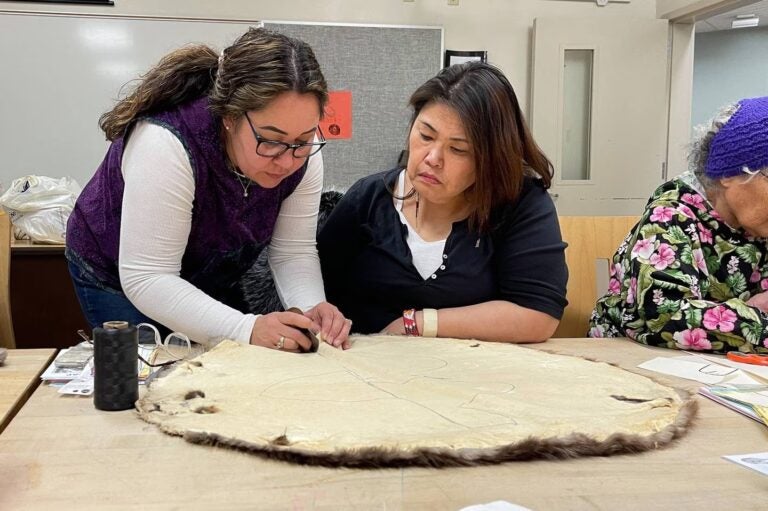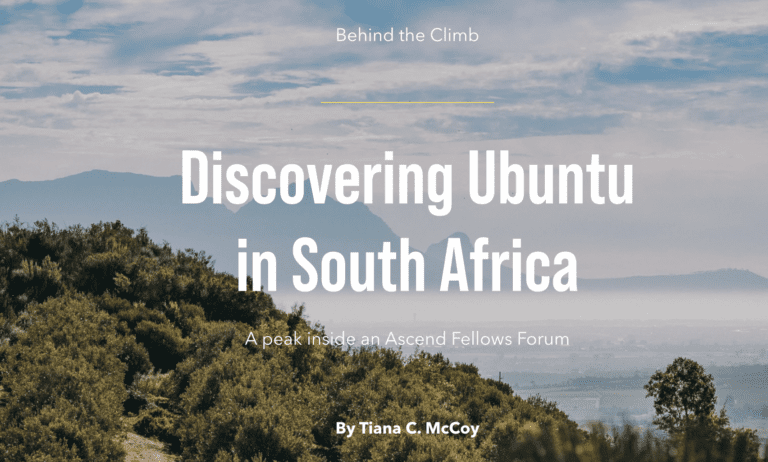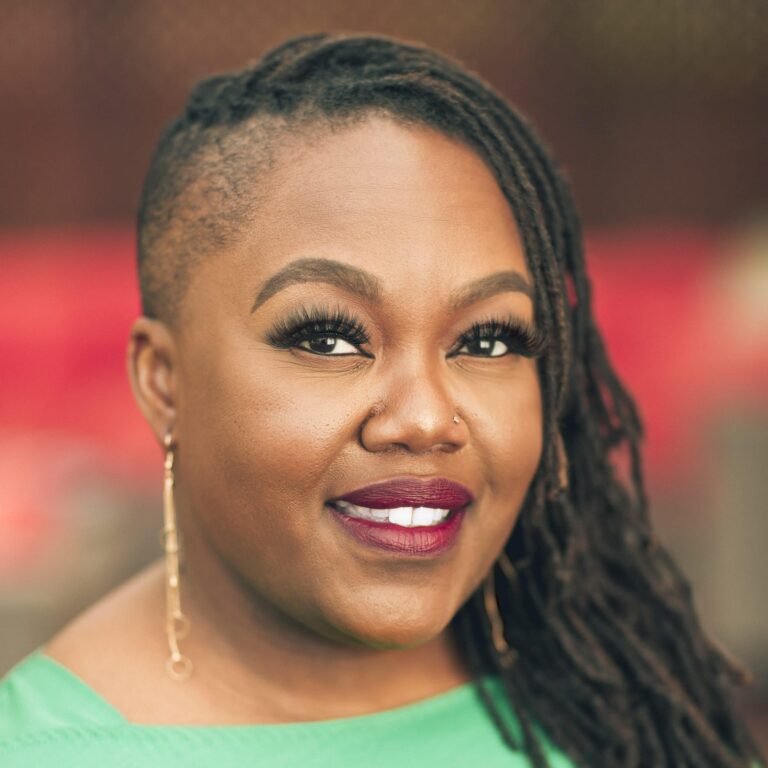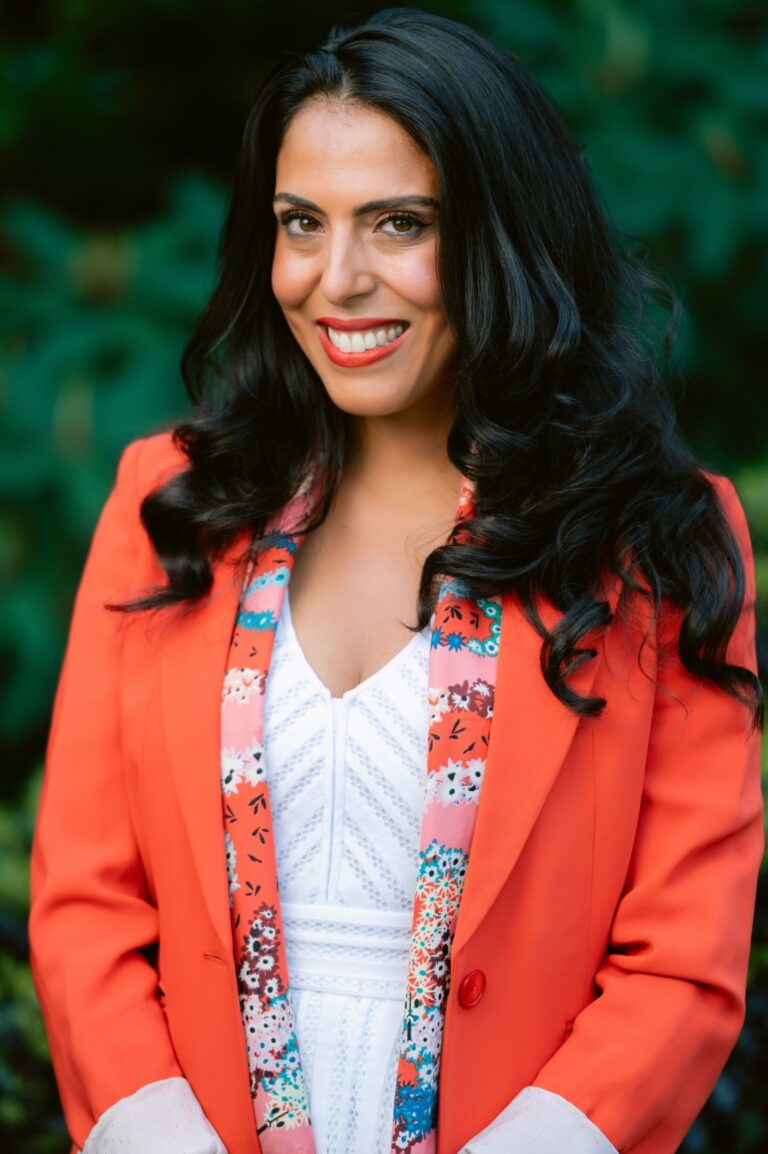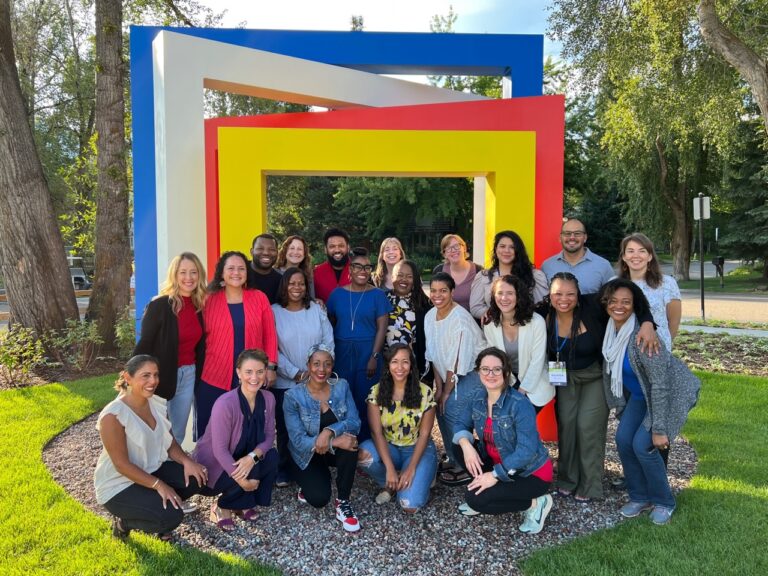The Need to Create Child-Centered Climate Policies
Joe Waters is the co-founder and CEO of Capita and a 2021 Ascend Fellow. As an independent, nonpartisan think tank, Capita’s purpose is to build a future in which all children and families flourish. In this Q&A, he answers questions from the Ascend team about why climate change is an important children’s issue and how we can help them navigate the crisis.
How does climate change impact children and families today and what might the future look like?
I like what the writer Alex Steffen said: “The planetary crisis is not an issue, but a change in era.” Climate change is not just one issue among many. It is shaping the future itself. All our human systems need to be rethought and rebuilt for the age to come.
Children, in particular, will feel huge, lasting impacts—on their health, their development, and their ability to flourish. Of course, they’re already feeling those effects. Last year, UNICEF published the Children’s Climate Risk Index. It showed that 820 million children are highly exposed to heatwaves, 920 million children are highly exposed to water scarcity, and 1 billion children are exposed to exceedingly high levels of air pollution. Many of these children live in places where these climate risks overlap with one another and with other risks like poverty, war, or violence. Climate change is very much a “risk multiplier” for young children.
The impacts of just one of those risks—extreme heat—are really scary. Young children, with their unique vulnerabilities and developing bodies, are especially susceptible to health risks from extreme heat, as the American Academy of Pediatrics and others remind us. Dehydration is the most common negative health effect in young kids, but extreme heat can also lead to heat exhaustion, heatstroke, and cramps. These effects will likely also drive more children to play outside less, which may raise obesity rates and harm mental health.
What are the risks posed to children’s and families’ mental health?
The impacts of climate change, from extreme weather to displacement and migration, are likely to cause toxic stress, or stress that is prolonged or persistent. Toxic stress can lead to physical and behavioral effects.
This is a concern for all populations and ages. Families suffering from stress will have a harder time caring for their children. But toxic stress in children is particularly worrisome because their developing brains are especially sensitive to its impacts. So, it is likely we’ll be seeing more kids with behavioral problems or issues with memory or learning. And with these increases, children will need more care from infant and early childhood mental health systems. Yet these systems are already fragile and could easily become overwhelmed.
How can adults who live and work with children help them navigate the climate crisis?
We need to help our children flourish despite the warming that has already occurred. The most important thing now is to mitigate the effects of climate change and accelerate the adaptation of our communities.
Of course, this can feel overwhelming. We can take inspiration from the American Declaration of the Rights and Duties of Man, which was one of the first international human rights instruments. It speaks about the “duty of every person to aid, support, educate, and protect his minor children.” In today’s world, that duty of protection must include advocating for our children’s future on a livable planet. Parents and other adults in children’s lives must step forward. They must become the fiercest advocates for government action on climate change. That means they must work to hold public officials accountable for current decisions that will affect their children and future generations. They must make climate change an important “children’s issue,” and work with schools, faith communities, and other organizations to both advocate and make adaptations—like better shading playgrounds—that are likely to improve outcomes for children.
And, adults should talk to kids about climate change! Parents are their kids’ most trusted source of information and talking honestly with our kids about climate change can help them make sense of what’s happening around them.
What should policymakers be doing to mitigate the threats posed to children?
The climate crisis demands a more expansive understanding of who and what systems are responsible for the well-being of our youngest citizens. Governments must create and enact policies to promote safe, stable, and nurturing relationships in children’s early years, foster community and systems-level resilience, and build strong social connections. For instance, policymakers could follow New Jersey’s lead and support scaling up community-based doula care that builds the resilience of expecting and new families.
At Capita, we’ve launched a new effort to catalyze action at the nexus of climate change and children’s ability to flourish. We’re convening a national commission to develop an Early Years Climate Action Plan, inspired by the Institute’s own K12 Climate Action Plan. This commission will draft an action plan, informed by listening sessions with those most threatened by the impacts of climate change, highlighting the vulnerabilities of young children to climate change; best practices for child-serving systems to mitigate, adapt, and respond to climate change; and policy frameworks for all levels of government to support young children and family resilience.
Can you share any examples of child-focused systems that include climate justice?
With the support of private foundations, four metro areas have established the position of chief heat officer: Miami-Dade County; Athens, Greece; Freetown, Sierra Leone; and Santiago, Chile. These officials oversee preparation, response, and recovery and coordinate the heat-related responses of multiple government agencies and the private sector. They don’t focus specifically on children, but their work has the potential to significantly improve their prospects because it breaks down the silos in local government that often prevent effective responses to excessive heat. It’s an interesting and important innovation that those championing the early years should get behind in more cities and levels of government.
What are the implications of power and privilege for climate justice?
There are many. First, the very fact that we’ve been talking about climate change’s differential impacts on young children is an example of the least powerful and most vulnerable facing greater risk. Children’s physiology makes them vulnerable, as we’ve already discussed. But they’re also vulnerable because they depend on systems that aren’t yet able to address the health impacts of climate change. The same is true for other vulnerable populations, such as those who are disabled and elderly.
When those children live in communities of color or other marginalized communities, their risks are greater still. Those areas are generally most at risk from the effects of changing climates. And they tend to lack the financial and other resources that could help them respond to or recover from these threats.
Pope Francis has invited the world to consider a specific form of injustice: the “colonizing interests” of the mining and timber industries. The operations of these industries are causing well-known impacts on the climate. But the pope reminds us to also consider how they have expelled Indigenous people from the Amazon region and increased their social and economic marginalization. In other words, ecological exploitation is a threat not only to planetary survival but to human dignity and human rights as well.
What do you say to those worried that it’s too late to make a difference?
Unfortunately, it may be too late to change the course that was set by industrialization and our dependence on fossil fuels, but there is still much we can do to leave future generations a livable planet. Each of us has an obligation to future generations, and that must include doing all that we can to leave them a livable planet. Climate change is among the greatest threats to the progress and happiness of future generations.
The American Declaration of the Rights and Duties of Man formally lays out this responsibility: we must “conduct ourselves in relation to others”—including future generations—so that they may fully form and develop their personalities and to create the circumstances “that will permit [each person] to achieve spiritual and material progress and attain happiness.”
But I think on a simple, human level we can all understand the need to fight this huge threat to our families and their future. I have a one-year-old. Like all parents, I want my child—and his children—to thrive. The threat is too great to throw up our hands. We must do something meaningful now.
Related Posts

